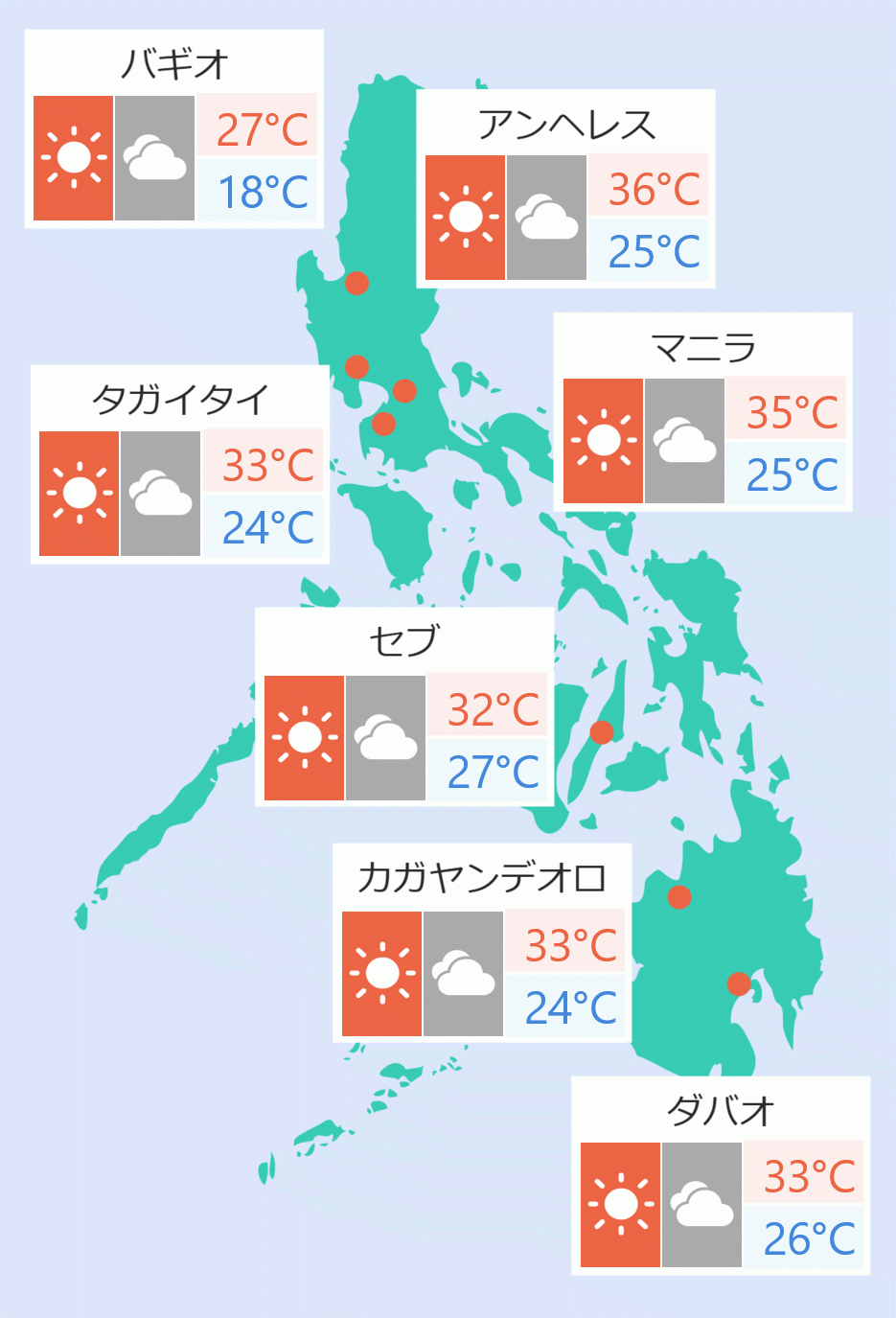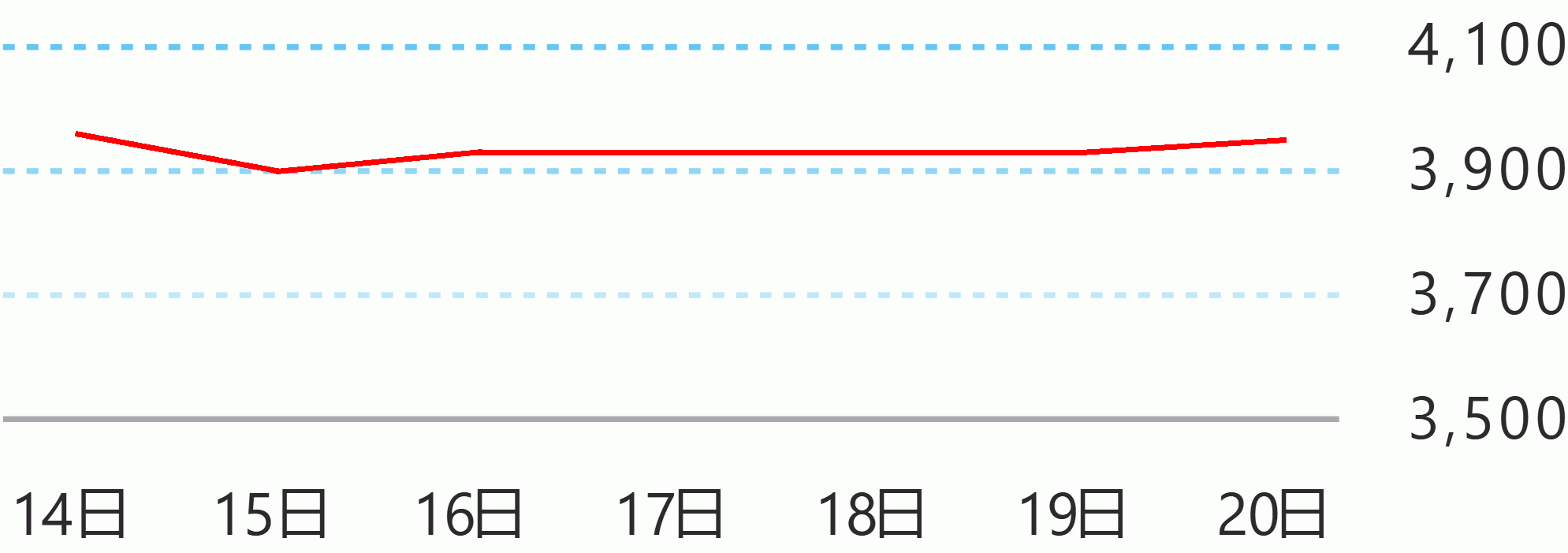By Robina Asido
The worst COVID-19 situation in the Philippines is over ''for now'', an official from the World Health Organization said on Friday.
"The decreasing trend of the number of new cases is really very encouraging. We also have seen a relatively low number of deaths during the recent Omicron surge and also the nationally health care utilization rate is quite stable," Rajendra Yadav, acting World Health Organization Philippine representative said during the ''Laging Handa'' virtual public briefing on Friday.
"For now we can say (the) worst is over but that’s only for now because we do not know how long this current favorable situation will last. We need to hope for the best but remain prepared for the worst," he added.
Amid the reopening of the Philippine borders to international travelers, Yadav emphasized the importance of being "cautious about interpreting" the "easy travel restrictions and quarantine requirements."
"We encourage de-risking travel which means that we have to take necessary steps to reduce the risk of COVID-19 infection during the travel and after the travel. Blanket travel bans can give a false sense of security and destroy economies. However, we must be cautious about interpreting these easy travel restrictions and quarantine requirements," he said.
"Easing travel restrictions and quarantine requirements does not mean that anyone can travel anytime, anywhere they want. We need to follow the minimum public health standards like masking and physical distancing while travelling," he added.
Yadav said to avoid another surge amid loosening of travel restrictions Filipinos should just have to "continue to do what we know what’s best in this situation."
"Travel only when necessary and keep our safe travels as small as possible. If that is taken care of, then yes, relaxing the travel requirements and quarantine requirements are a go," he said.
"Have very high coverage for vaccines especially in the people who are elderly because they are more likely to develop severe COVID and die. Also when people travel, we have to ensure that they are maintaining the minimum public health and social measures and that’s what we are doing and supporting the government to do," he added. Robina Asido/DM





 English
English










